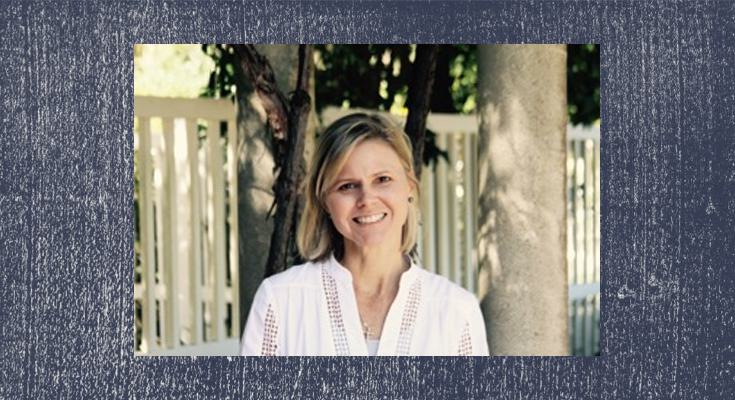Growing up the youngest of five children, I didn’t have the benefit of having parents who had time to cater to my every want. I therefore heard a lot of no’s when I asked for something considered unnecessary. It wasn’t because my parents didn’t want to give me what I wanted. They just knew that if they promised me something they couldn’t actually deliver, it would disrupt our trust. Trust was important, so a good solid no was often the safest route.
When they knew something was really important to me, however, their answer sometimes changed. Instead of a yes or a no, they’d give me a probably.
Probably.
I sure liked that word. It was still optimistic, but it didn’t overpromise. It recognized that my parents cared about what I wanted and, even if it would be hard and obstacles might prevent it from coming to fruition, they would try to follow through. Simply put, it was powerfully honest.
It’s a wonder to me that so many of our current government and healthcare leaders have forgotten about the power of a probably as they are trying to convince more people to receive the COVID vaccine and avoid forced mandates.
No doubt that the last 19 months have stretched our leaders in ways they’ve never known. They had to quickly figure out how to not only fund and conduct the research, create the policies, and enact the legislation to best protect the public from a deadly virus, but also how to do it within existing institutional frameworks. It’s telling of the complexity of what they are up against that, even now, most updates involve new elements of the virus’s behavior and its challenges. It’s clearly a situation where solutions don’t come easily and predictions can be wrong.
With this kind of uncertainty, however, the messaging from those same leaders rarely involves a good ‘ole probably. In fact, they tend to double down hard on their yes’s or no’s in spite of this uncertainty.
The public asks, “Are vaccines totally safe for my child?” Even though only one of the vaccines has moved beyond Emergency Use Authorization even for adults, their answer is unequivocally “Yes.”
The public asks, “Is it really the best option to mask my healthy child every day during school hours?” Even though numerous parents have witnessed how masks have harmed their children’s emotional health, and statistics have shown suicide has skyrocketed for young people over the last year, their answer is “Yes” again.
The public asks, “If I get COVID and show more severe symptoms, is it really better to avoid trying off-label treatment options like hydroxychloroquine?” Even though medical studies and personal experiences have shown the usefulness of this drug in fighting the virus, their answer becomes a frustrated, “Yes.”
Maybe they have been told that affirming the vaccine’s safety and their preferred solution is the only way to earn the people’s trust. In some situations, emulating such confidence might work. Unfortunately, in the context of COVID, it doesn’t seem to be.
It’s no secret that public trust of our government and health leaders is waning. And I suspect the problem is they have forgotten the American people have also been on the front lines of this pandemic from the beginning. They too have sacrificed normalcy, experienced economic instability, and confronted physical and emotional trauma for the last year and a half. They know too well the conflicting information and changing public positions. It’s only natural that this same public might be suspicious of absolutist answers and promises only God Himself could fulfill. In other words, their over-confidence might be undermining the public trust.
Given that most experts advise that mass vaccination is indeed necessary to achieve the level of herd immunity necessary to finally defeat COVID, perhaps it’s therefore time for leaders to try on the word “probably” for a while: Vaccines are probably the best approach to public safety; masks are probably worth the initial sacrifices or off-label treatment options are probably not the best way to fight the virus.
It might not be the kind of answer everyone wants to hear, but I suspect the honesty of it might actually inspire more people to actually listen.
Krissie Allen is a former attorney and English teacher who writes about issues impacting faith, society, and good sense. The views and opinions expressed here are those of the author and do not necessarily reflect the policy or position of 1819 News. To comment, please send an email with your name and contact information to Commentary@1819News.com










